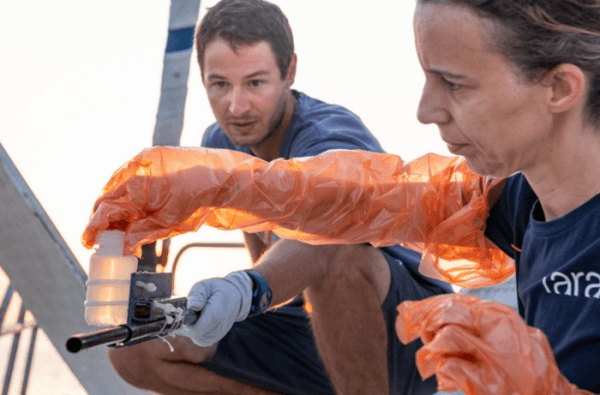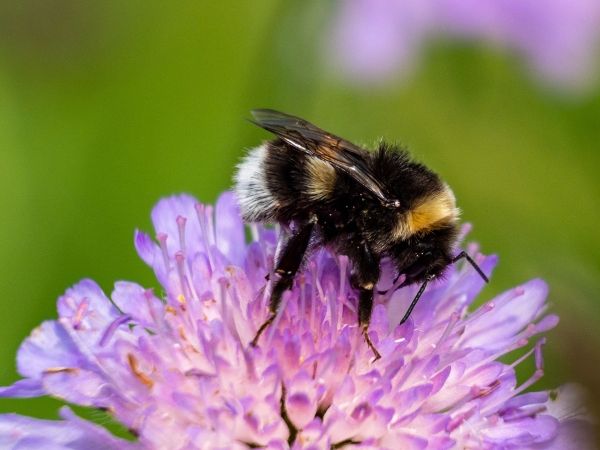Solar Cycle 25 is underway, and that means more frequent opportunities to see auroras—more commonly known as the northern lights and southern lights. One of the best opportunities in recent years occurred on October 11-12, 2021.
articles
By 2500 Earth Could Be Alien to Humans
To fully grasp and plan for climate impacts under any scenario, researchers and policymakers must look well beyond the 2100 benchmark.
Climate Change Will Alter Functioning of Marine Microbial Communities, Study Shows
A study by an international group of researchers shows that interaction between communities of plankton – microorganisms that live at the bottom of the food chain in the oceans and supply most of the planet’s oxygen – will be affected by climate change in different ways depending on location.
Underwater Gardens Boost Coral Diversity to Stave Off ‘Biodiversity Meltdown’
Corals are the foundation species of tropical reefs worldwide, but stresses ranging from overfishing to pollution to warming oceans are killing corals and degrading the critical ecosystem services they provide.
First Global Estimate of Importance of Pollinators for Seed Production in Plants
About 175 000 plant species – half of all flowering plants – mostly or completely rely on animal pollinators to make seeds and so to reproduce.
Smoke From Nuclear War Would Devastate Ozone Layer, Alter Climate
The massive columns of smoke generated by a nuclear war would alter the world’s climate for years and devastate the ozone layer, endangering both human health and food supplies, new research shows.









